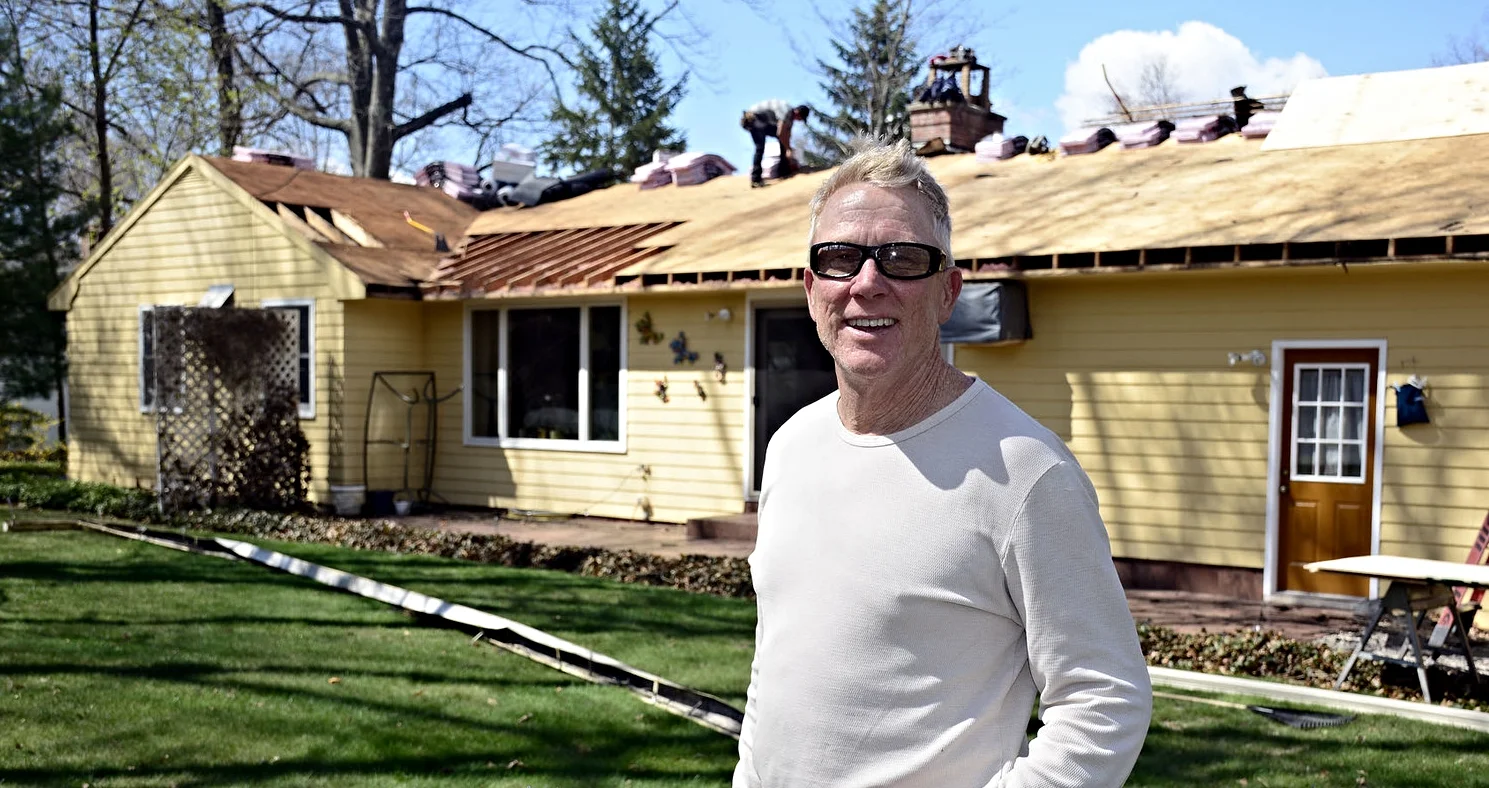Transform Your Home with Low-Maintenance Vinyl Siding
Chelsea O'Donnell
After nearly 50 years in the remodeling business, one of the most common things I hear from homeowners is the desire for a home that’s easier to take care of—without sacrificing how it looks.
When vinyl siding first came out, it wasn’t exactly known for its visual appeal. But things have changed. Thanks to advancements in technology, today’s vinyl siding combines durability with a variety of design options, making it a popular choice for those looking for both practicality and style. If you’re thinking about updating your home’s exterior with something that requires little upkeep, vinyl siding is worth a closer look.
It Looks Better Than Ever
Gone are the days when vinyl siding was just a flat, uninspired option. Today’s vinyl siding comes in a range of styles and textures that can suit any aesthetic. You can choose from profiles like fish scale, shake, and scalloped designs—or even opt for products that mimic the look of wood or other natural materials. The variety of options allows you to create a home exterior that’s both stylish and low-maintenance.
Built to Withstand the Elements
Connecticut weather is no joke, with its scorching summers and cold winters. Vinyl siding is designed to hold up in all conditions—resistant to fading, cracking, or warping. It can even withstand winds up to 110 mph. Most products come with warranties that last up to 50 years, offering you peace of mind knowing your investment will last.
Maintenance is a Breeze
One of the biggest perks of vinyl siding is how easy it is to care for. Forget about repainting, staining, or caulking your home every few years. With vinyl siding, all you need is a garden hose and a little soap for an occasional wash. And unlike wood, vinyl doesn’t rot, split, or attract insects, saving you from future headaches.
It Saves You Money on Energy Bills
Insulated vinyl siding adds an extra layer of protection to your home, acting like a blanket over your walls and studs. Many homes, especially older ones, are under-insulated, meaning your heating and cooling systems are working harder than they need to. By upgrading to insulated vinyl siding, you can improve energy efficiency and maintain a more consistent temperature inside—cutting down on those high energy bills.
It’s an Investment That Pays Off
With long-lasting durability, minimal maintenance costs, and energy savings, vinyl siding practically pays for itself over time. In fact, vinyl siding projects often rank among the highest in terms of return on investment when it comes to home renovations. Plus, the added curb appeal can boost your home's market value.
If you’re considering giving your home a fresh look, vinyl siding is definitely worth exploring. With so many design options and benefits, it's a smart choice that simplifies home maintenance while enhancing its appearance.
Bob O’Donnell is the owner of O’Donnell Bros. Inc., a home improvement company based in Bristol since 1975. For remodeling inquiries, call (860) 589-5155 or visit www.odonnellbros.com. Send your questions to info@odonnellbros.com with "Ask the Pro" in the subject line for a chance to have them answered in print. All advice is for general guidance only.
